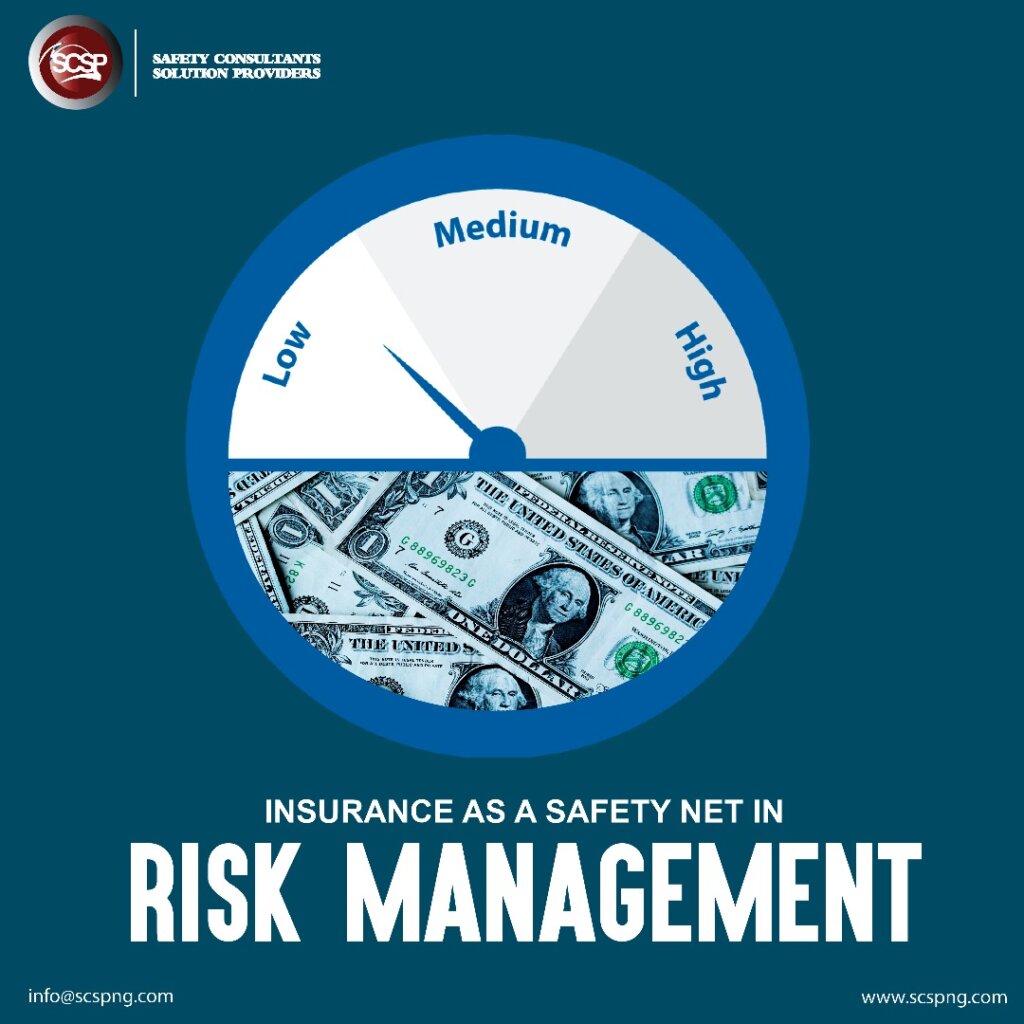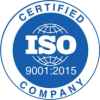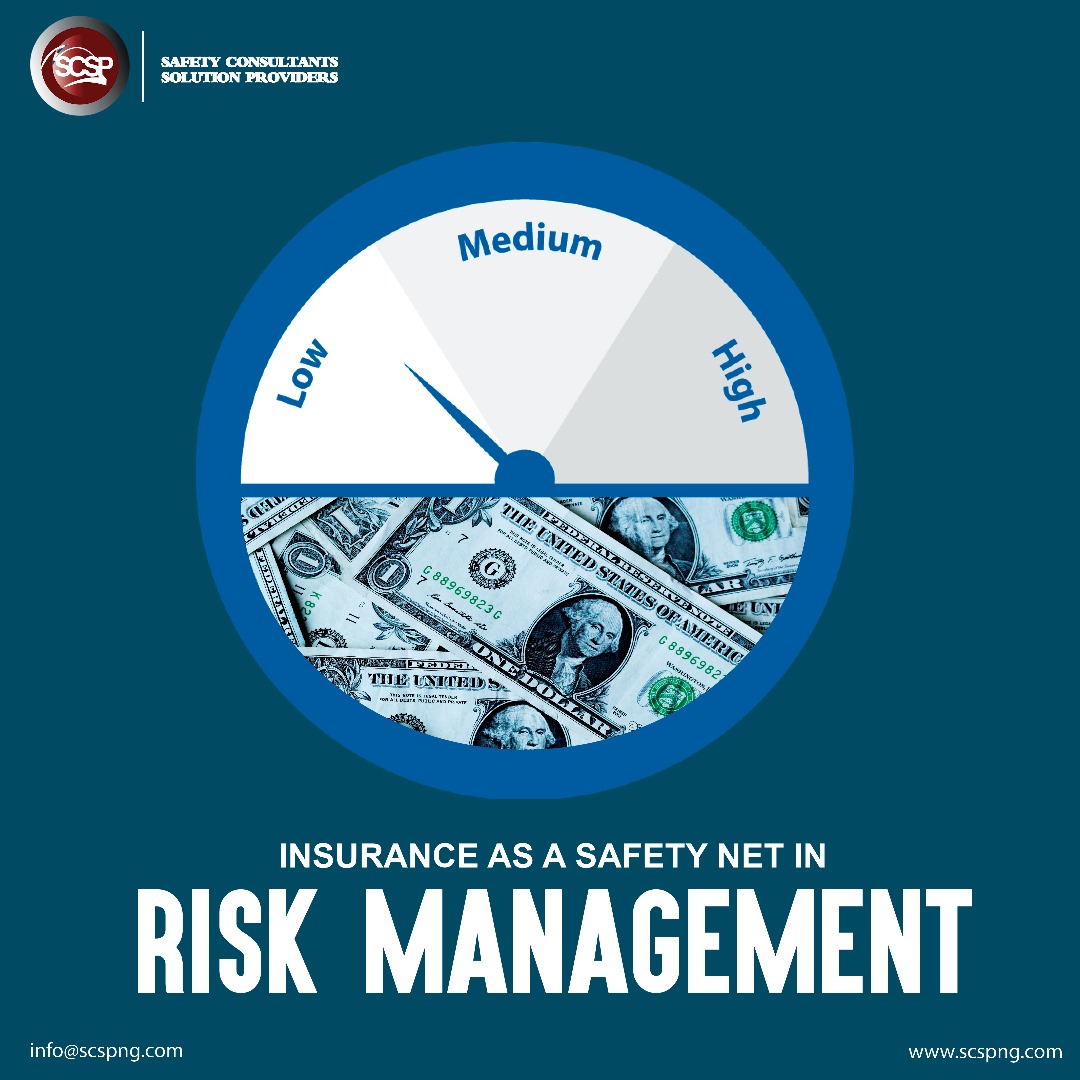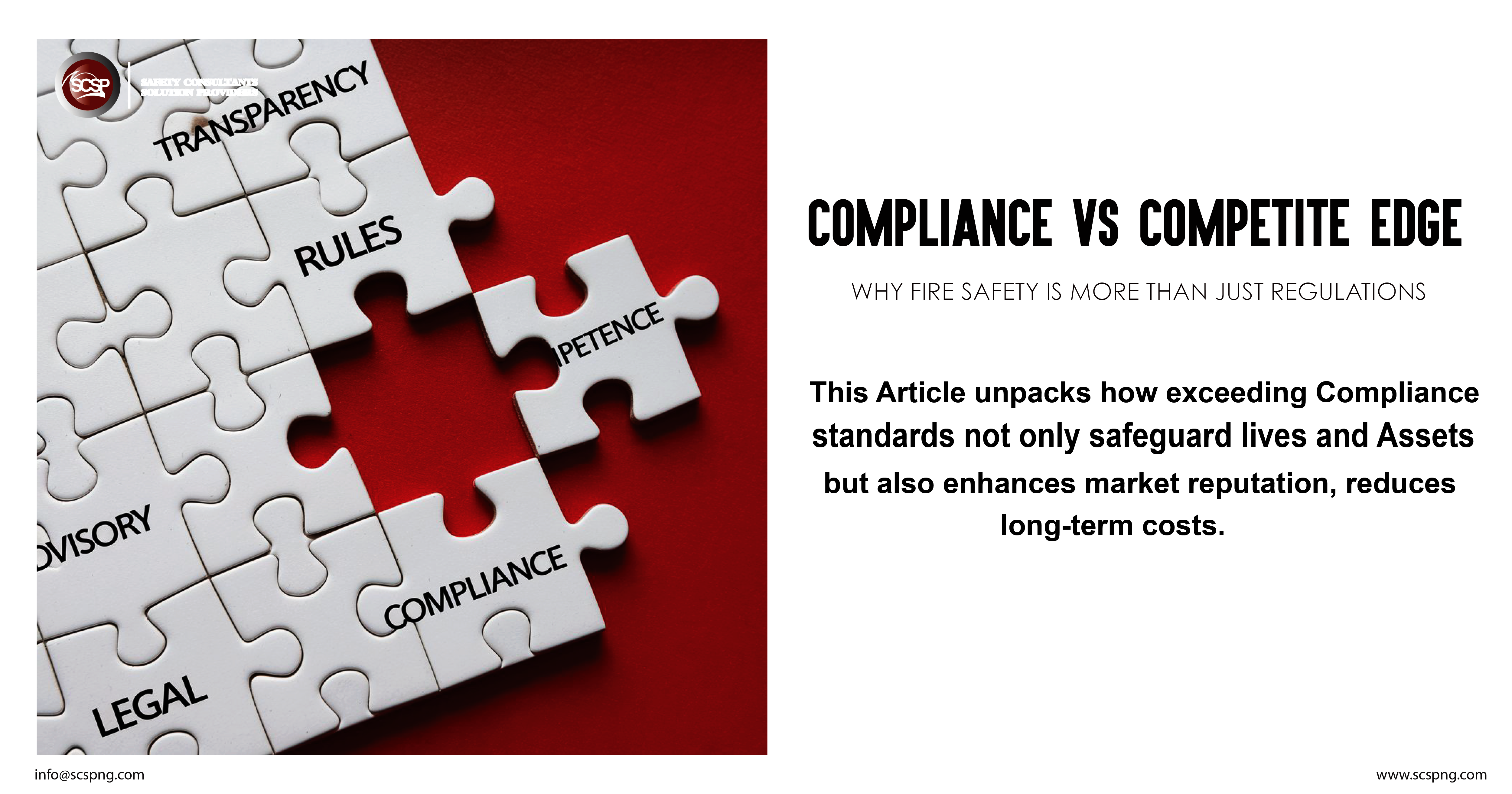
INSURANCE AS A SAFETY NET IN RISK MANAGEMENT
Risk is at the core of every activity you undertake in life. Its growing complexity in today’s world is a source of concern for safety stakeholders and other professionals. While many people are trying all possible means to avoid risk, the evolving circle constantly keeps catching up with them. It is not in futility to see that despite your best efforts, bad things still happen. As such it is imperative to identify risk and make good decision about managing the risk. It is a profitable concept today that the best way to manage risk is not to avoid it, but to plan, prepare and insure yourself against the risk. This is where insurance comes into play.
Insurance is a safety net that protects and keep individuals and businesses afloat for continuous operation. This is because all businesses or individuals face a range of risk factor that may hinder their success or optimal performance. Insurance is a guaranteed life line that offers a supportive preventive and recovery framework of absorbing and minimizing risks. As a growing safety tool, insurance is increasingly being used as the best safety management guide in advocating for effective business management.
WHAT IS RISK MANAGEMENT INSURANCE?
Risk management insurance is a type of insurance that provides financial protection against risks that cannot be easily mitigated or avoided. These risks include accidents, natural disasters, or other eventualities that can cause significant financial harm to individuals or business. By purchasing risk management insurance, businesses and individuals can transfer the risk to an insurance company which will cover or pay for losses for the insured coverage.
BASIC FEATURES OF RISK MANAGEMENT
Risk management is a detailed systematic process of employing preventive and punitive measures of stopping identified hazards. Some of the features involved include;
- Risk/Hazard Identification
- Risk/Hazard Assessment
- Making decisions about how to control or manage risks
- Implementing those controls
- Supervising the implementation of the plan and watching for any new or changing risks.
BENEFITS OF INSURANCE IN RISK MANAGEMENT
No doubt, business owners and managers are always looking for ways to increase profit and consistent bounce off any external shock or eventuality.
- First, insurance gives business owners a high degree of confidence and certainty as they know they are not being at risk of being shut down by government or regulators.
- It also helps in making best choices through navigable uncertainties with apt confidence and promote stability in various aspects of life.
- Insurance also helps in identifying dangers and put safety precautions in place, thus advocating for a safer environment.
- It also promotes social stability as it enables people to maintain their standard of living, making plans for the future.
- Insurance contributes to economic and social stability by reducing poverty risk by spreading the burden of losses among a larger group.
COMPLIANCE RISK CONCERN
Compliance risk is an organization’s potential exposure to legal penalties, financial forfeiture, and material loss, resulting from its failure to act in accordance with industry laws and regulations, internal policies or prescribed best practices. It is also known as integrity risk. An organization’s failure to comply with applicable laws and regulations can affect its revenue which can lead to loss of reputation, business opportunities and valuation.
CONCLUSION
It is essential to be concerned with the mitigation of risk and proffer best choices in addressing emerging risks today. By prioritizing insurance, we can create a safe environment for businesses to thrive with a prepared mind against risk. As such, insurance should be a free channel for many to embrace and leverage on.










